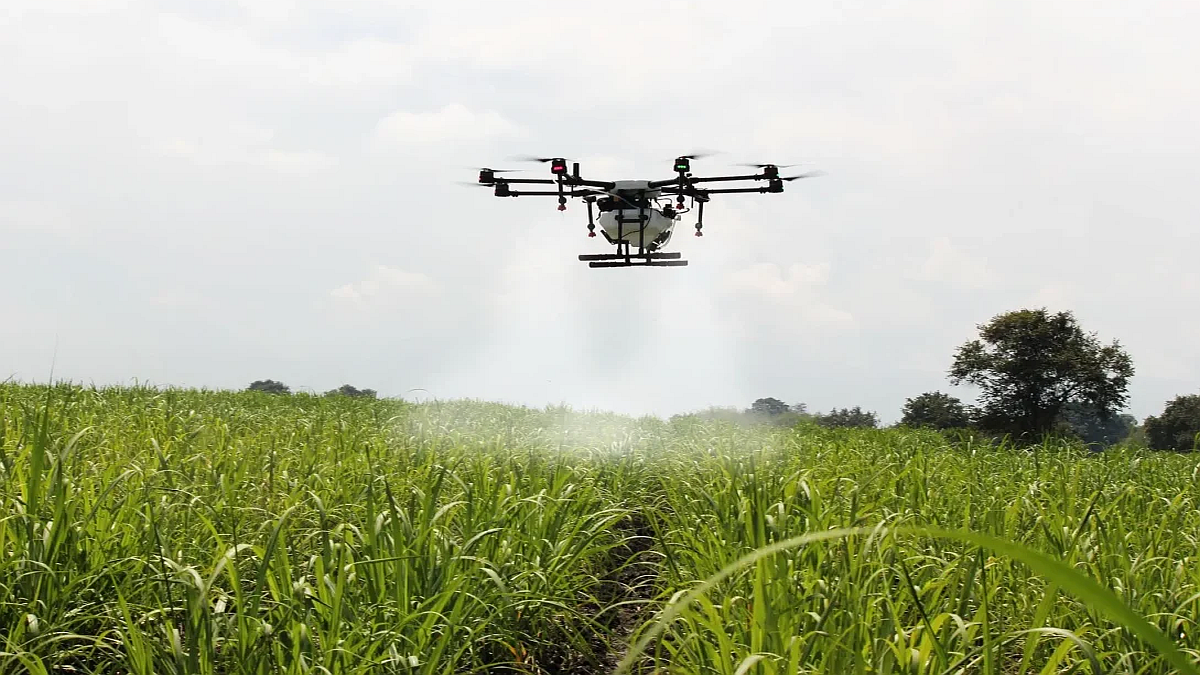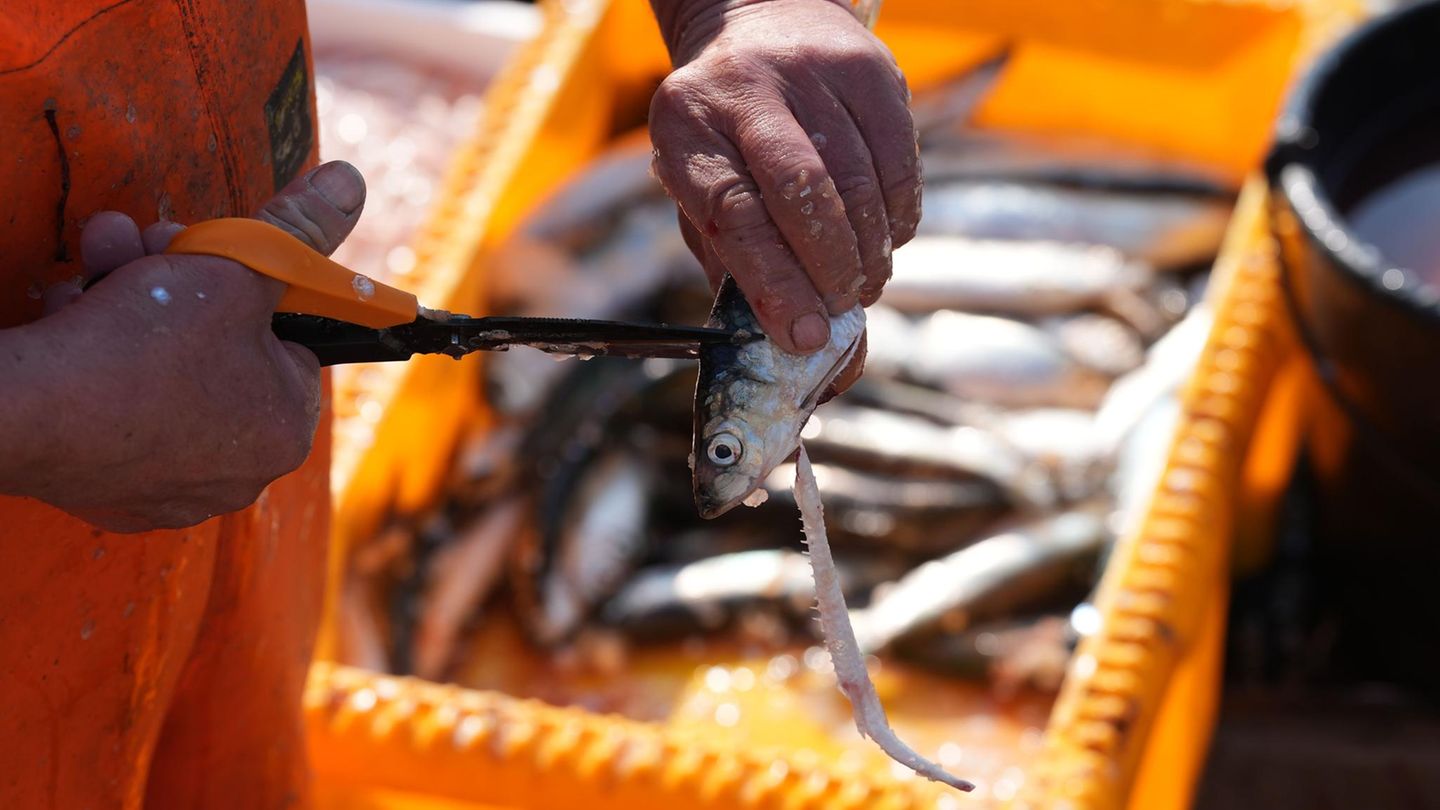Latin America It is home to 50% of the planet’s biodiversity. Its mineral wealth and ecosystems make the region one of the most natural in the world. According to the Organization for Economic Cooperation and Development (OECD)an economic growth rate of 2.4% is projected by 2025.
According to Juan Vázquez Zamora, Deputy head for Latin America and the Caribbean at the OECD Development Centre, the region has vast reserves of minerals critical for the energy transition. “There are great opportunities to take advantage of renewable energies and we estimate that if three percentage points more are invested in green sectors, up to 10% more jobs could be created”said the expert.
In the 21st century, caring for the environment is presented as a guarantee of economic profitability and a key tool to access the markets of developed countries, such as those of the European Union. The interest of various Latin American enterprises in these processes is seen in five sectors that lead sustainable projects.
Sustainable Agriculture
Argentina has great potential in organic production. According to SENASA, the organic area harvested in the country reaches almost 100,000 hectares, with sustained growth for more than a decade. This sector, constantly expanding, it is key for exports, especially to Spain, its main trading partner in Europe.
In this context, more and more companies stand out in the agricultural sector by offering comprehensive, sustainable and technological solutions, both for organic production and for conventional production and their respective transition.
Field irrigation La Pampa.jpg
Sustainable Agro, is an Argentine company that positions itself in the agricultural sector by developing and marketing organic bioinputs. “It is very important that companies commit to generating a triple positive impact, in regards to economic, social and environmental matters,” he said. Joaquin Basantapresident of the company.
In addition to exporting its bioinputs to Paraguay, Agro Sustentable began operations in Spain, offering the service of applying bioinputs using agricultural drones. “Our arrival in Europe is a milestone for the export of Argentine knowledge in agro-technology,” he added. Joaquin Basanta.
Water treatment
Chile is one of the countries with the greatest water stress on the planet. Despite facing 14 years of drought, the drinking water supply has remained operational thanks to a public-private collaboration model between the water company Aguas Andinas and the Superintendency of Sanitary Services of Chile.
As a result of this alliance, the metropolitan region of Santiago has an efficient treatment system that allows it to offer excellent quality water at very competitive prices. “Chile is the exception to the rule and that is given by an institutional framework that has been able to mobilize private resources to address the challenges”commented Daniel Tuguesgeneral manager of Aguas Andinas.
“25 years ago the objective was to achieve the sanitation plan. Now it’s climate change. This institutional framework, which from the public sector also mobilizes the private sector, must be taken care of,” said the director of the water company.
Tourism with positive social impact
Traveling is an enriching experience that also promotes the economy of the places you visit. However, the excess of tourists has put the sustainability of several destinations at risk. Aware of this situation, the sisters Bettina and Paula González created Boomerang Travel, the first Argentine tourism agency to be certified as “Company B” granted by Sistema B and B Lab. The certification indicates that the company generates positive change at a social, economic and environmental level through its work.
Away from mass tourism that negatively impacts destinations, Boomerang offers trips to underdeveloped areas of the country but with high tourism potential. For example, the Bañado La Estrella in Formosa.
image.png

The proposal includes a trip that combines kayaking and hiking through this wetland that is one of the seven natural wonders of our country. The agency works together with communities to develop and offsets the carbon footprint they generate.
Mobility
Traffic in the city is truly chaotic and polluting. Many opt for more environmentally friendly forms of mobility. In Argentina, BA Ecobici is a successful case. It is common to see in the streets the “blue bikes” that can be collected at one point and returned at another.
The company in charge of management is Tembici, a start up of Brazilian origin that has a presence in Brazil, Argentina and Chile. With the aim of revolutionizing urban mobility, the company offers a simple and sustainable way to move around cities.
image.png

Recently, the case of Chile also stands out with its largest electric transport terminal in Latin America, known as ‘El Conquistador’. It operates with 215 electric buses and has 55 high-power chargers to charge 110 buses simultaneously.
green hydrogen
He green hydrogen It is one of the ways to generate electrical energy without emitting gases into the atmosphere. Brazil is at the forefront of the race for the development of this industry that will make it the main supplier in the region. In August, the Brazilian legislature approved Law 14,948, known as the Hydrogen Law, which provides tax benefits to the production of low-emission hydrogen.
As a result of this government support, an H2V hub is being developed in the northeast of the country. Besides, The State of Piauí signed a memorandum of understanding with the Spanish company Solatio to build a photovoltaic energy park. Similar projects will be developed in the states of Ceará and Paraná.
Source: Ambito
I’m a recent graduate of the University of Missouri with a degree in journalism. I started working as a news reporter for 24 Hours World about two years ago, and I’ve been writing articles ever since. My main focus is automotive news, but I’ve also written about politics, lifestyle, and entertainment.




